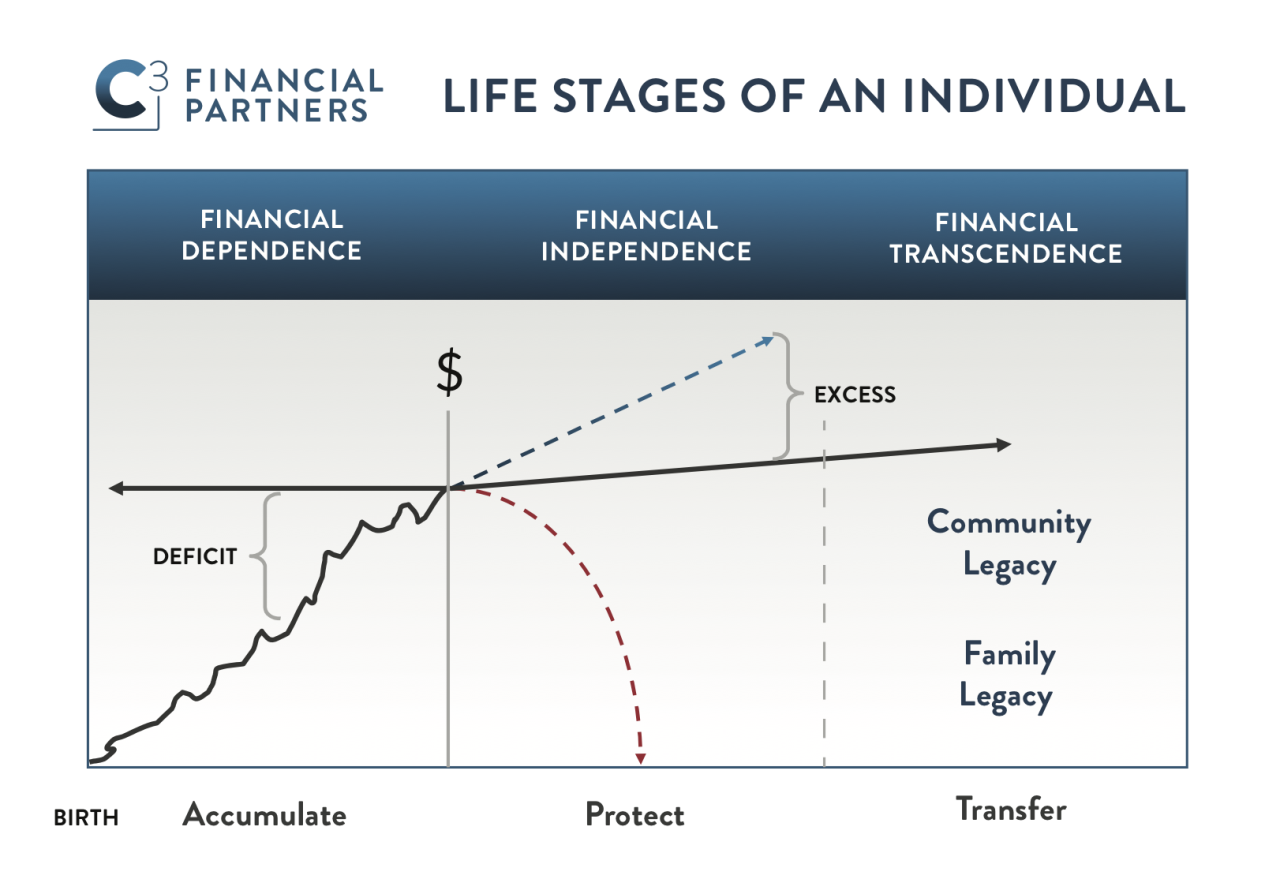Share-Based Wealth Planning for Long-Term Investors: A Comprehensive Guide
Exploring the world of Share-Based Wealth Planning for Long-Term Investors, this introduction sets the stage for a deep dive into a crucial aspect of financial planning. It sheds light on the significance of this approach for those looking to secure their financial future through long-term investments.
Providing insights into the various instruments, strategies, and tax implications involved, this guide aims to equip investors with the knowledge needed to make informed decisions and maximize their wealth accumulation potential.
Overview of Share-Based Wealth Planning for Long-Term Investors

Share-based wealth planning is a strategic approach that focuses on using shares of stock to build and grow wealth over an extended period. It is particularly important for long-term investors who are looking to achieve financial goals over many years.
Share-based wealth planning differs from other forms of financial planning in that it places a heavy emphasis on investing in stocks as a primary means of wealth accumulation.
Importance of Share-Based Wealth Planning
- Provides potential for higher returns: Historically, stocks have outperformed other investment options such as bonds or savings accounts over the long term.
- Builds wealth through compounding: By reinvesting dividends and letting investments grow over time, investors can benefit from compounding returns.
- Diversification benefits: Investing in a variety of stocks can help spread risk and mitigate potential losses.
Differences from Other Financial Planning
- Focus on growth: Share-based wealth planning prioritizes capital appreciation and long-term growth over short-term gains or income generation.
- Risk tolerance: Investors need to have a higher risk tolerance when engaging in share-based wealth planning due to the volatility of the stock market.
- Long-term horizon: Unlike some forms of financial planning that may focus on short-term goals, share-based wealth planning is geared towards achieving objectives over an extended period.
Benefits of Incorporating Share-Based Wealth Planning
- Potential for higher returns: Stocks have historically provided higher returns compared to other asset classes over the long run.
- Opportunity for wealth accumulation: Investing in stocks allows investors to participate in the growth of successful companies and benefit from their success.
- Inflation hedge: Stocks have shown the ability to outpace inflation, preserving the purchasing power of wealth over time.
Types of Share-Based Wealth Planning Instruments

Share-based wealth planning instruments are essential tools for long-term investors looking to accumulate wealth. These instruments provide opportunities for investors to benefit from the growth of a company's stock over time. Here, we will explore the different types of share-based wealth planning instruments available to investors and how they can contribute to long-term wealth accumulation.
Stock Options
Stock options give employees the right to purchase a certain number of shares at a predetermined price within a specified timeframe. This type of instrument allows investors to benefit from the increase in the company's stock price above the exercise price.
Stock options can be a valuable incentive for employees and can lead to significant wealth accumulation if the company performs well.
Restricted Stock Units (RSUs)
Restricted stock units are awards of company stock given to employees as part of their compensation package. These units have restrictions on when they can be sold or transferred, usually tied to a vesting schedule. RSUs provide employees with a sense of ownership in the company and can result in long-term wealth accumulation as the stock price appreciates over time.
Employee Stock Purchase Plans (ESPPs)
Employee stock purchase plans allow employees to purchase company stock at a discounted price through payroll deductions. These plans offer a convenient and accessible way for employees to invest in their company's stock. By participating in an ESPP, employees can accumulate wealth over the long term as the stock price increases and potentially benefit from the discount offered through the plan.
Strategies for Effective Share-Based Wealth Planning
Effective share-based wealth planning for long-term investors involves key strategies to maximize returns and minimize risks. Diversification and risk mitigation are crucial components when incorporating share-based instruments into a wealth plan.
The Importance of Diversification
Diversification is essential in share-based wealth planning as it helps spread risk across different investments, reducing the impact of volatility in any single asset. By investing in a variety of shares from different industries or regions, investors can protect their portfolios from significant losses that may occur in one sector.
This strategy ensures that the overall performance of the portfolio is not solely dependent on the performance of one company or industry.
- Diversification helps to balance risk and return by allocating investments across various asset classes.
- Investors can achieve a more stable and consistent growth trajectory by diversifying their share-based investments.
- It is important to regularly review and adjust the diversification strategy to align with changing market conditions and investment goals.
"Don't put all your eggs in one basket. Diversification is key to long-term investment success."
Tips for Mitigating Risks
Mitigating risks associated with share-based wealth planning requires careful consideration and strategic decision-making to protect investments from potential downsides.
- Conduct thorough research on companies before investing to understand their financial health, growth potential, and industry trends.
- Set stop-loss orders to limit potential losses and protect gains in case of market downturns.
- Consider using hedging strategies such as options or futures to offset potential losses in share investments.
- Regularly monitor and rebalance the portfolio to ensure it remains aligned with the investor's risk tolerance and financial goals.
Tax Implications of Share-Based Wealth Planning

When it comes to share-based wealth planning for long-term investors, understanding the tax implications is crucial for maximizing wealth accumulation and minimizing liabilities.
Taxation of Different Share-Based Instruments
Various types of share-based instruments such as stock options, restricted stock units, and employee stock purchase plans are taxed differently. Stock options are usually taxed at the time of exercise, while restricted stock units are taxed upon vesting. Employee stock purchase plans may have preferential tax treatment if certain conditions are met.
Impact on Overall Wealth Accumulation
- Income Tax: Gains from share-based instruments are typically subject to income tax, which can affect the overall wealth accumulation.
- Capital Gains Tax: Depending on the holding period, gains from selling shares acquired through share-based instruments may be subject to capital gains tax.
- Alternative Minimum Tax: Some share-based instruments may trigger alternative minimum tax implications, impacting the total tax liabilities.
Strategies for Minimizing Tax Liabilities
- Diversification: Spreading investments across different asset classes can help reduce tax liabilities by balancing gains and losses.
- Tax-Efficient Investments: Choosing tax-efficient investment options can minimize the tax impact on wealth accumulation.
- Timing of Transactions: Being strategic about when to exercise stock options or sell shares can help optimize tax consequences.
Last Recap
As we conclude this exploration of Share-Based Wealth Planning for Long-Term Investors, it becomes evident that integrating share-based instruments into long-term investment strategies can offer a multitude of benefits. From diversification tactics to tax considerations, this approach opens up new avenues for investors to secure and grow their wealth over time.
Q&A
What is the key benefit of share-based wealth planning for long-term investors?
Share-based wealth planning provides investors with the opportunity to align their financial goals with the performance of the company, fostering a sense of ownership and commitment towards long-term growth.
How can diversification play a role in effective share-based wealth planning?
Diversification helps spread risk across different assets, reducing the impact of potential losses from any single investment. In share-based wealth planning, diversifying holdings can safeguard against volatility in specific stocks or sectors.
What are some strategies to minimize tax liabilities in share-based wealth planning?
One effective strategy is to carefully time the sale of shares to take advantage of lower capital gains tax rates. Additionally, maximizing contributions to tax-deferred accounts can help reduce taxable income related to share-based instruments.




